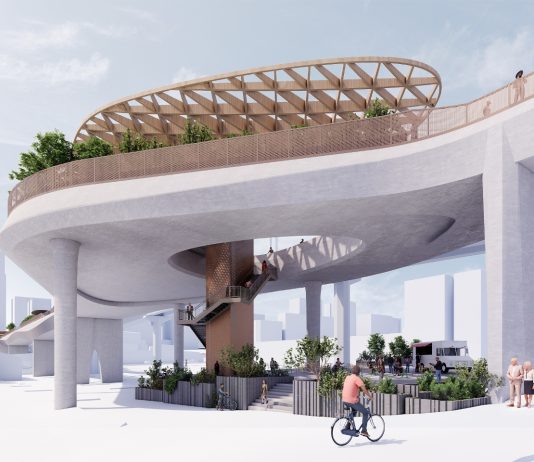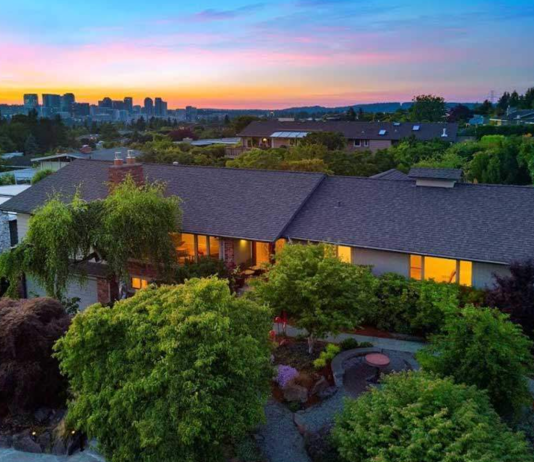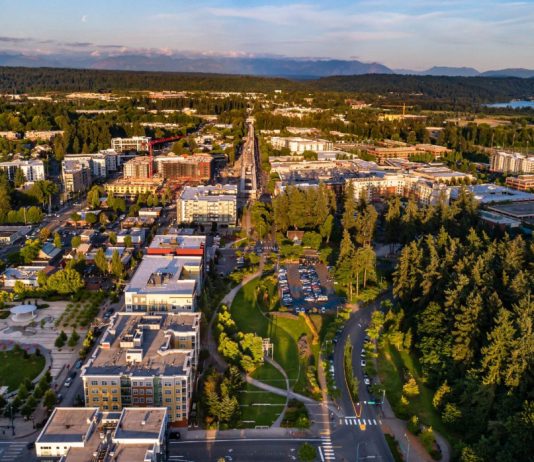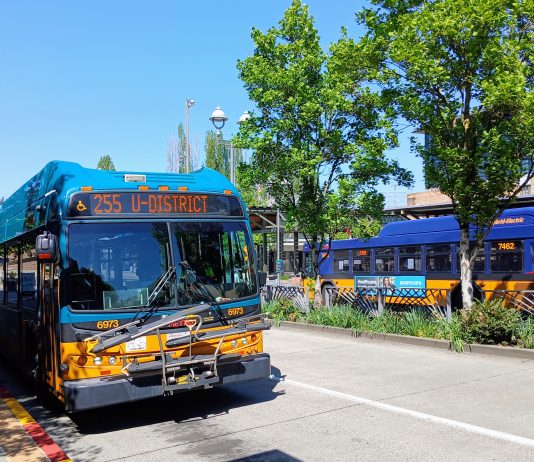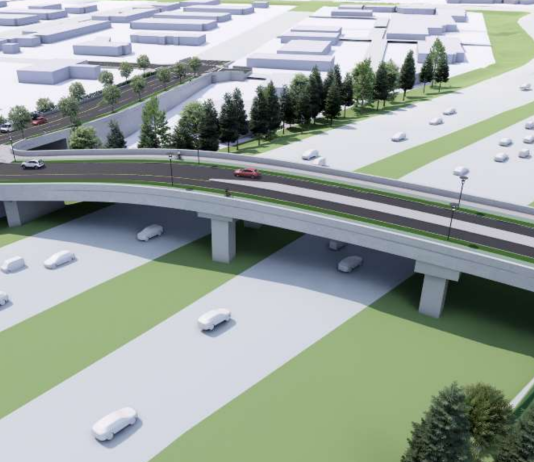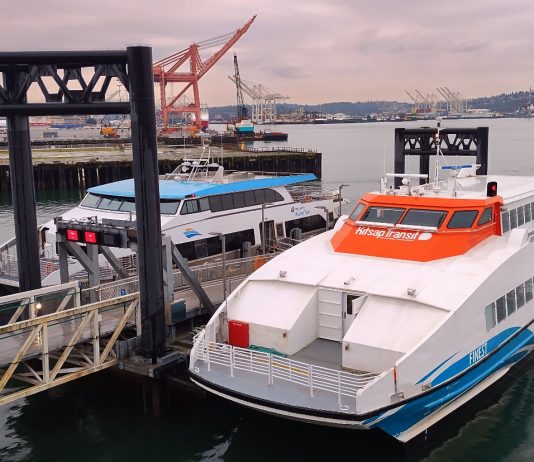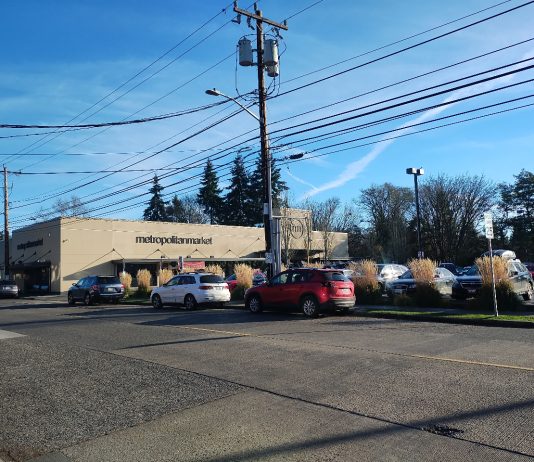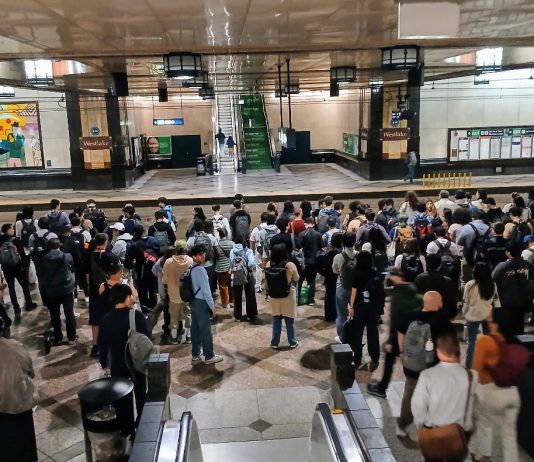Ryan Packer
685 POSTS
0 COMMENTS
Ryan Packer has been writing for The Urbanist since 2015, and currently reports full-time as Contributing Editor. Their beats are transportation, land use, public space, traffic safety, and obscure community meetings. Packer has also reported for other regional outlets including BikePortland, Seattle Met, and PubliCola. They live in the Capitol Hill neighborhood of Seattle.
Former Seattle permitting director Nathan Torgelson will lead the new city department, intended to advance an ambitious plan for a new bike and pedestrian bridge over I-405. One of the largest capital projects in city history, it's also intended to be a major placemaking project.
A narrow four-member majority caved to housing opponents as the Bellevue City Council finalized zoning changes impacting the city's lower density residential areas. Scaling back an ambitious proposal that increased flexibility for builders, Bellevue is only set to exceed the state minimum in a few areas.
Safe Eastside, a group with a long track record of attacking facilities for people exiting homelessness, is turning its attention to major pieces of state housing reform approved in 2025. They have until July 26 to collect more than 150,000 signatures to get a repeal referendum on the ballot in Washington state.
Despite heavy attention on challenges funding transportation at the state level, shortfalls are projected to hit transit agencies and city transportation networks hardest. With few tools available to raise progressive transportation revenue at the local level, the future looks bleak without reform.
The preferred concept for an I-90 bridge in Central Issaquah would cost at least $110 million, and is seen as an essential component of creating a more connected neighborhood around a future light rail station. Councilmembers are wary about jumping in with both feet.
King County will continue offering 10 daily round trips on weekdays between Vashon and Downtown Seattle through 2027. Meanwhile, service levels on the Bremerton fast ferry are still being negotiated.
After dozens of blocks were dropped from the One Seattle housing growth plan, planner Michael Hubner downplayed the changes as minimal. The Seattle Planning Commission painted the move as pushing the city is headed in the wrong direction.
All 1 Line stations in Downtown Seattle will be closed Saturday June 21 to Sunday June 22, after Sound Transit discovered a section of rail in need of replacement near Westlake. The agency plans to run shuttle buses to bridge the gap every 30-60 minutes. Alternate transit routes may best serve riders.

